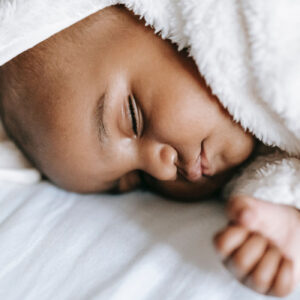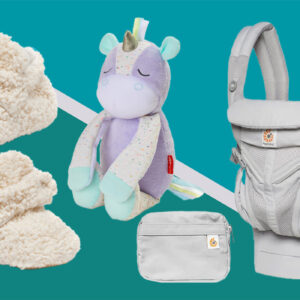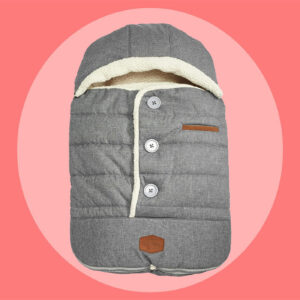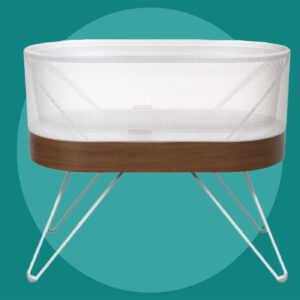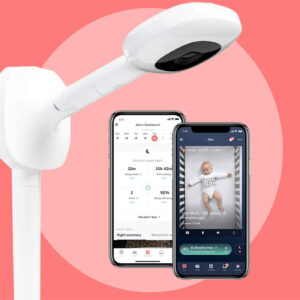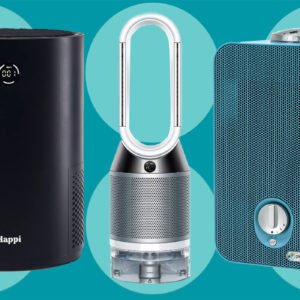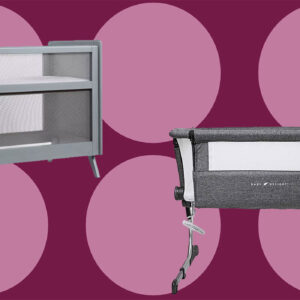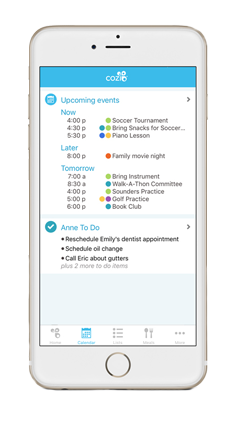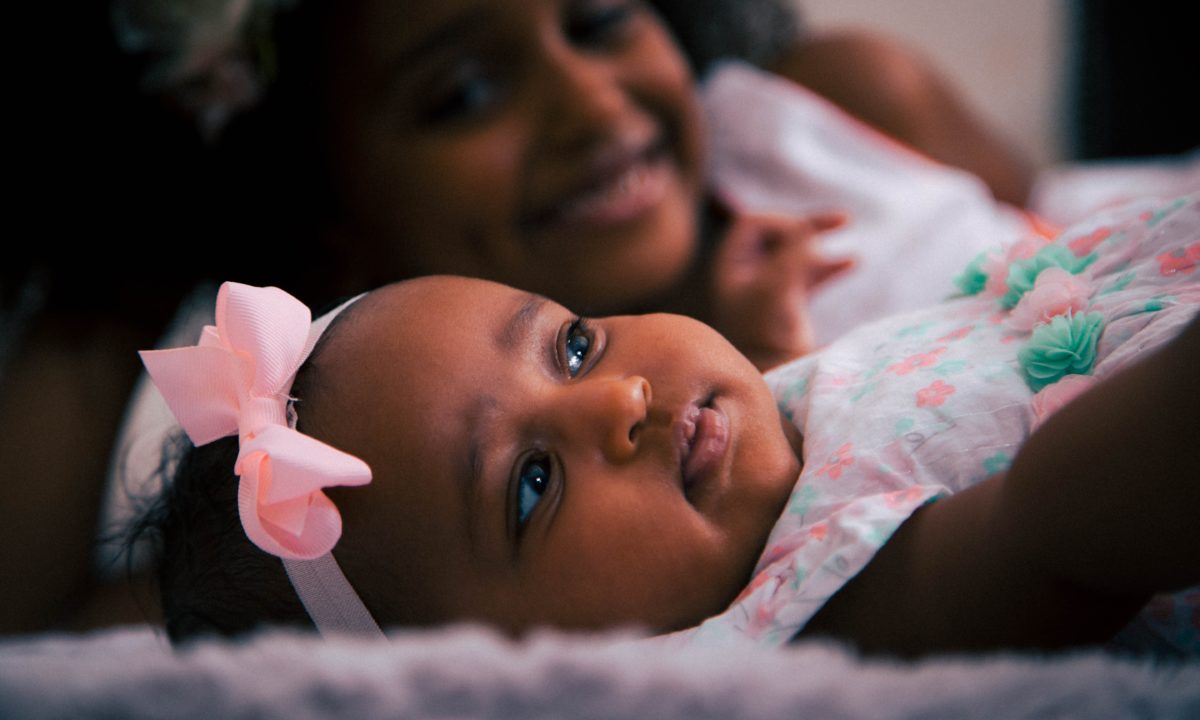
Researchers recommend moving sound machines farther away from cribs.
Getting your baby to sleep is an art. It’s about finding the balance of the correct temperature, the right swaddling and the perfect amount of rocking — as well being careful to step over the squeaky floorboard on your way out the door. For many parents, a sound machine has become a basic element of their baby’s bedtime routine. However, a recent study published in the journal Pediatrics may have some rethinking their sound machine, or at least where they put it and how loud they set it.
For adults, occupational safety guidelines recommend that workers without ear protection be exposed to no more than 85 decibels of sound intensity in an eight-hour shift. In the study, sound machines that were placed near infants’ cribs registered above 85 decibels. If you consider that most babies are sleeping, or at least in their rooms with a sound machine, for more than eight hours, the sound intensity exceeds levels that are considered safe for an adult in the workplace.
Dr. Blake Papsin, the study’s senior author and chief otolaryngologist at The Hospital for Sick Children in Toronto, says infants’ ear canals are wide and straighter than adults’, which amplifies higher-pitched sounds.
“I’m not saying that these devices will cause hearing loss. I’m just saying that they could,” Papsin told Live Science.
Before you take all sound machines out of your home, though, understand that the researchers are not sure what impact sound machines have on children’s hearing development because the study examined only the decibel levels of the machines, not their actual effects on hearing.
Still, one recommendation seems to remain consistent among a variety of professionals: Move the sound machine as far from the crib as possible. Moving the machine at least a foot away is great, but if you are able to move the machine to the other side of the room, that’s even better.
“Farther away is less dangerous, a lower volume is better, and shorter durations of time — all things that deliver less sound pressure to the baby, ” Dr. Papsin told the New York Times.
Professionals disagree on the impact of duration on a baby’s hearing. While some professionals think that it’s fine to run the sound machine throughout the night, others say it’s best to turn it off before you go to bed yourself. For now, until there are further studies on the impact of sound machines on sleeping babies, it is best to at least alter the location of the machine in your child’s room.
While the study declined to identify which 14 sound machines were tested, researchers noted that the machines are readily found throughout the United States and Canada.
